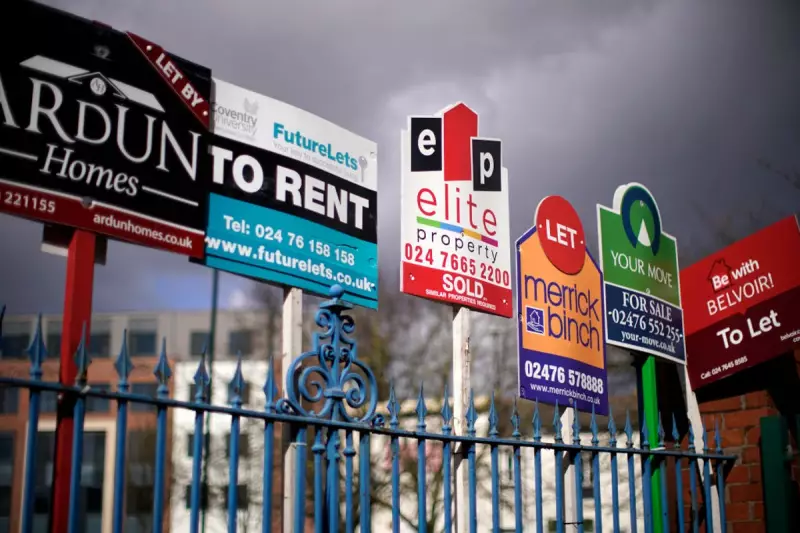
The London Stock Exchange's flagship index, the FTSE 100, closed in the red on Wednesday, weighed down by a wave of caution sweeping across the market. The dip coincided with a sobering report from one of the UK's largest lenders, which revealed an unexpected cooling in the nation's property market.
The mood among investors turned cautious, pulling the FTSE 100 down by 0.3% to close at 8,354 points. The more domestically-focused FTSE 250 also felt the pressure, falling by 0.5%.
Property Market Jolt
The day's most significant news came from Halifax, which reported a surprising 0.1% month-on-month drop in UK house prices for June. This contraction defied analyst predictions of a modest 0.2% rise and marks the first monthly decline since January.
While the annual growth rate still sits at 1.6%, this slowdown is a clear signal that the Bank of England's sustained campaign of interest rate hikes is finally biting. Higher mortgage costs are undoubtedly putting a strain on buyer affordability, tempering the previously resilient market.
A Mixed Bag on the Trading Floor
The market performance was a tale of two sectors. Housebuilders and property-related stocks, such as Persimmon and Taylor Wimpey, found themselves under direct selling pressure following the Halifax data.
It wasn't all doom and gloom, however. The energy sector provided a glimmer of positivity, with giants like BP and Shell climbing on the back of stronger global oil prices, offering some resistance to the broader market fall.
Looking Ahead: All Eyes on the Bank
This confluence of events—a stuttering stock market and a wobbling property sector—sets a tense stage for the upcoming decision from the Bank of England. The Monetary Policy Committee's next move on interest rates is now more critical than ever.
Investors and homeowners alike will be scrutinising every word for hints on whether the Bank believes its medicine is working and if the end of the rate-hiking cycle is in sight. The health of the UK economy may very well depend on it.





